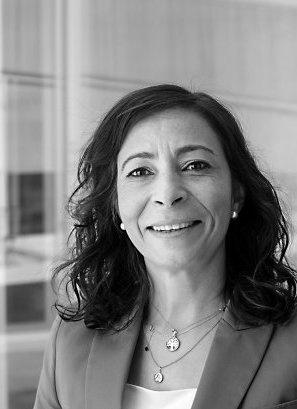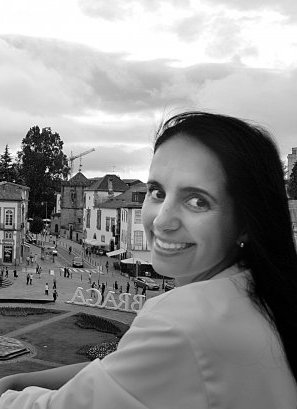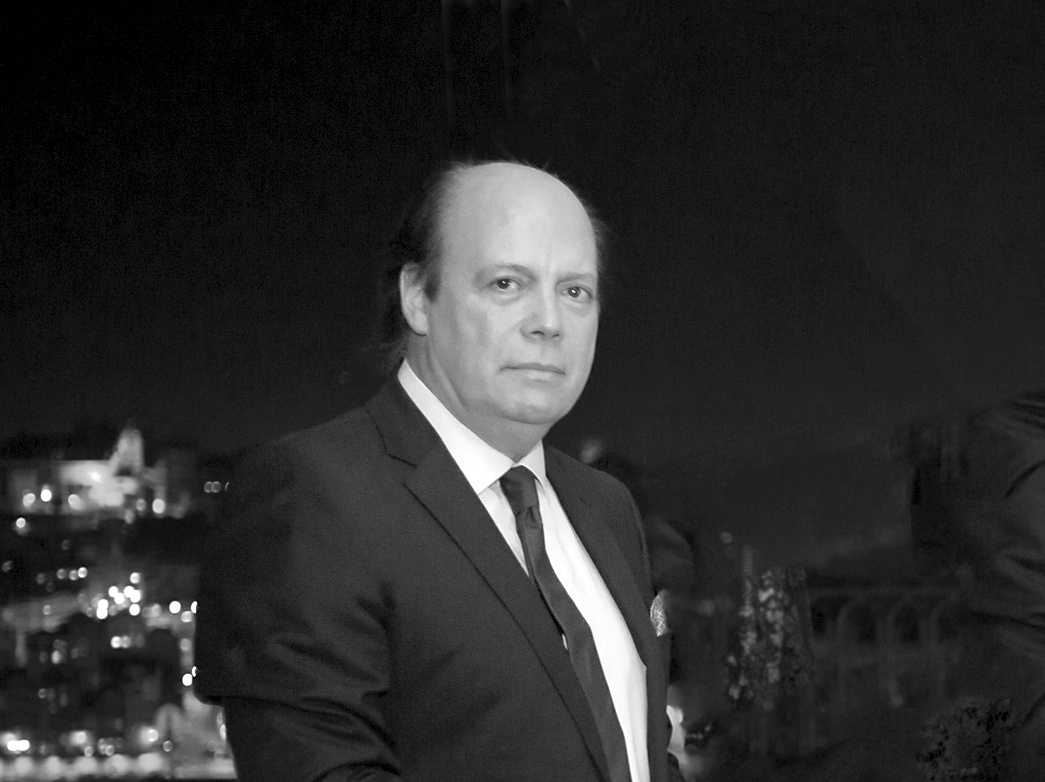
Cláudia Costa Santos

Eduarda Silva
Domingos Freitas
Doctor
«Who can decide when doctors disagree?» Alexander Pope asked himself. In fact, the life of a doctor is not always easy, but it is «gratifying», says Domingos Carneiro de Freitas. He practices medicine in Guimarães – the place where he was born. And medicine is what he’s all about. He has a degree in medicine from the University of Oporto; is a specialist in general and family medicine; and a specialist in occupational medicine. He is also a member of some of the Portuguese medical association’s ‘Speciality Colleges’, including: general and family medicine; occupational medicine; and competence in the management of health units. According to the doctor, the practice of medicine requires talent, technical knowledge and constant updating.

Is being a doctor a question of vocation?
Yes. Although the definition of vocation is controversial, in this ‘technological’ age, where everything can be trained or learned, the practice of medicine requires talent, vast and updated technical knowledge, permanent availability and resilience. It is essential to combine knowledge with an essential humanistic attitude to understand the ‘other’ and their needs.
Are doctors privileged?
Not in the sense of ordinary language, when referring to someone who has advantages or benefits. Yes, I feel privileged by the results of my actions and therapeutic attitudes. Yes, I feel privileged by the recognition and gratitude that patients convey to me after difficult times. Yes, I feel privileged to have, on a daily base, professional fulfilment in this profession that I chose at the right time.
«Medicine requires talent, vast and up-to-date technical knowledge, permanent availability and resilience»
What’s it like working in casualty?
Work in emergency service is the most demanding in medicine. In addition to working shifts that are always very long, which are very physically demanding, ability to decide and act under pressure, and in the face of any unforeseen circumstances, there is also an immense bureaucratic burden and social demand. Its challenges, however, are the essence of medical practice: to assist and treat any citizen who is in need of care.
Why do most parents want their children to be doctors?
This is a question to which I do not know the full answer. But apart from the individual decision of those who feel the appeal or vocation for medicine, it is possible that matters of social prestige, the ease of starting a career, acceptable wages, among others, are part of the parents’ thought process, who, of course, want the best for their children.
How is it dealing with ‘Dr. Google’ nowadays?
As in other professions, information is available on multiple platforms in medicine. The great challenge is to choose and extract the scientifically validated knowledge from the available information. In the specific case of medicine, we have to be pedagogical agents, not allowing, through preferences, ideologies or obscurantism, to surpass scientific rationality and clinical practice in accordance with the state of art.
Today, we spend most of our time at work. Is medicine at work a guarantee for the protection of workers?
The main mission of occupational medicine is to identify, prevent and treat work-related diseases. The majority of companies have set up services, led by specialists in occupational medicine and safety technicians. However, the critical factor to success is the individual attitude to safety culture, within the framework of the respective procedures. If we all participate safely, we will be more protected.






